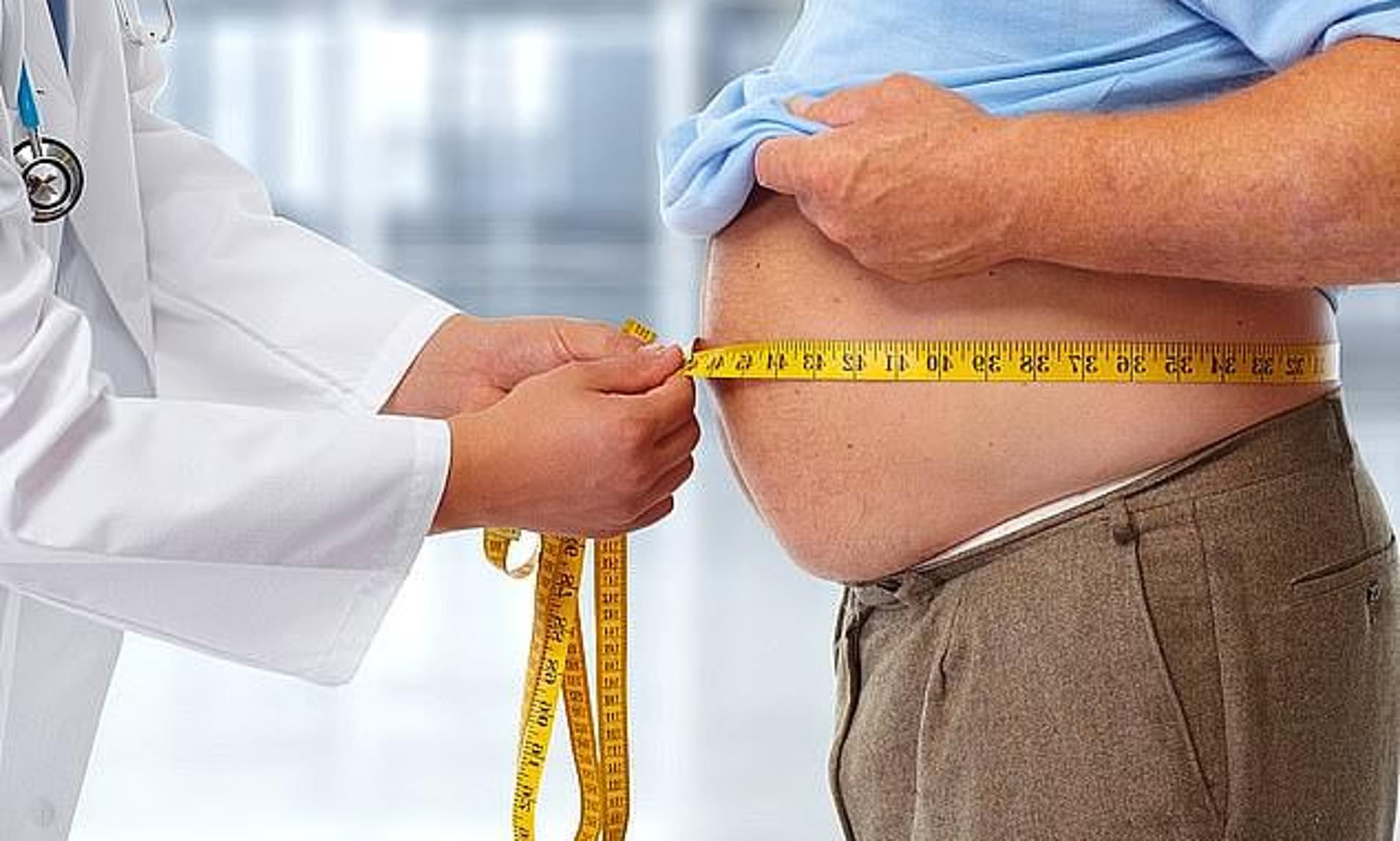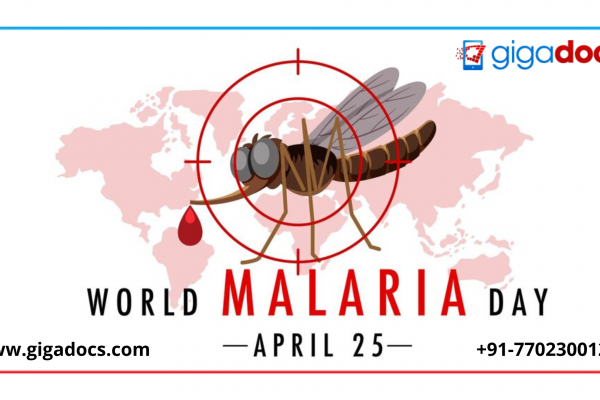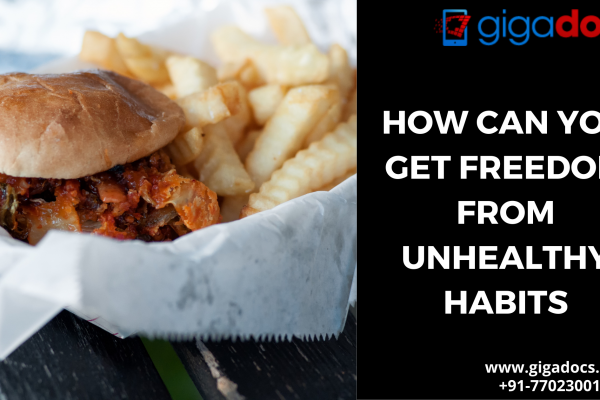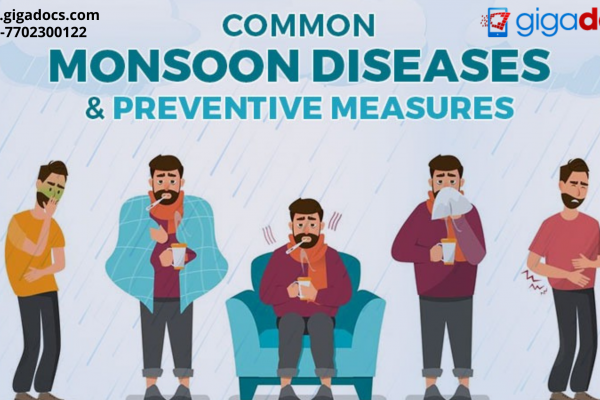Obesity-related conditions seem to worsen the effect of COVID-19, particularly among younger patients below 60 years. High BMI, a key indicator of obesity is identified as a high epidemiologic risk contributing to increased COVID-19 morbidity rates.
What does Research say?
Leading research and studies deduce that obese people below 60, are twice as likely to be hospitalized for COVID-19 with significant-high chances of ending up in intensive care.
This has important and practical implications when about 30% of the world’s adult population are Obese (BMI greater than or equal to 30) or Overweight (BMI greater than or equal to 25).
As an exception, younger people battling obesity, with regular physical activity, high metabolism rate, and good fitness levels are at a lower risk to contract COVID-19.
Why is Obesity a Challenge During COVID-19?
- Obese people battling Coronavirus may have compromised respiratory function. This is linked to abdominal obesity (most seen in men) which leads to compression of the lungs and diaphragm.
- Ventilators are a critical requirement to COVID-19 patients in case of acute respiratory complications. Intubating obese patients poses a challenge making prescriptive COVID-19 treatment more difficult.
- Obesity may increase pro-inflammatory cytokine worsening COVID-19 outcomes.
- Persons with obesity who become ill and require intensive care present severe challenges to patient management. They are more difficult to position and transport by nursing staff in a time of crisis.
It is highly advisable that patients with obesity must avoid any COVID-19 contamination by strictly following social distancing and staying at home as per directed.
Social Distancing and Obesity
The current pandemic might contribute to an increase in obesity rates as weight loss programs and interventions such as surgery are being severely curtailed at present.
The lockdown measures introduced in some countries which restrict the movement of even those who are not sick leaving home for several weeks, may enforce physical inactivity, cause weight gain and add to obesity.
Self-Isolation, WFH, and Obesity
COVID-19 has changed our lifestyle with workplaces and schools shut. Work from Home (WFH) has become the new normal prompting many to rely more on processed, oily and starchy food which is unhealthy. This may lead to fat accumulation and an increase in weight if continued for a longer period.
Here are the precautions you must take to stay healthy-
- Take self-isolation very seriously.
- Practice lifestyle like working from home, during the COVID-19 pandemic.
- Don’t skip on exercise, meditation, and a balanced meal.
Fat loss Diet and at Home workouts
A balanced diet and a regular exercise regime are critical to losing belly fat. Adding healthy food to your diet and at-home workouts will contribute to stronger bones and reduce the risk to contract chronic high-risk COVID-19 diseases, like hypertension and diabetes. Amidst social distancing, focus on consuming freshly cooked healthy food and practice meditation and exercise at your home-
- Make a point to walk for 5 minutes after every hour of sitting work. A 70-kg person can burn 5 calories per minute of walking at a moderate pace, or 150 calories per half hour.
- Jogging can help burn harmful visceral fat (belly fat) which is linked to various chronic diseases like heart disease and diabetes. A 155-pound (70-kg) person burns approximately 300-400 calories per 30 minutes of jogging.
- Yoga and Meditation is a popular way to exercise and relieve stress. A 155-pound (70-kg) person burns around 150 calories per 30 minutes by practising yoga.
- Cut back on sugars and starches, or carbohydrates. This will make your hunger levels go down and you will consume fewer calories.
- Avoid eating at a go, break your meal to two to three meals per day. You can accommodate healthy snacks or fruits if you feel hungry.
- Don’t skip on proteins. Consuming protein-rich food may help to burn about 80–100 calories per day. High protein food can reduce food carvings by 60%
- Say no to processed fruit juice and sugary drinks. Both are low in fiber and may cause weight gain and obesity leading to blood pressure, type 2 diabetes and heart disease
- Ensure you sleep well. A healthy adult needs 7-9 hours of sleep to rejuvenate, while children and teens need more hours of nap time.
The secret behind Weight loss
- Those who weigh more tend to lose weight sooner than their counterparts with low weights.
- Wondered why males lose weight too soon, even if they consume the same number of calories as females? Females have a greater fat to muscle ratio which can adversely affect their resting metabolic rate (RMR) critical to weight loss.
- Calorie Deficit or burning more calories than you consume is the secret ingredient behind weight loss. Be cautious next time when you binge on your favorite cheat meal.
Losing weight too soon?
Losing weight accumulated over the years can lead to regaining it too soon. Experts recommend losing 1–3 pounds or 0.5–1.36 kg weight per week, which is approximately 1% of your body weight.
A swift weight loss may cause more harm than good. It can cause muscle loss and increase your risk of conditions like fatigue, irritability, hair loss, constipation, malnutrition, irregular periods, dehydration, headaches, and gallstones.
Reach out to a Dietician
Obesity can lead to many diseases; https://www.gigadocs.com/blog/coronavirus-all-that-you-need-to-know/ being the most critical of them. An active lifestyle is important to fight weight gain and high BMI. Following social distancing measures to combat COVID-19, you must not forget to track your vitals like steps walked per day or pulse rate through the Gigadocs app.
Gigadocs is a user-friendly intelligent practice management software helping you and your family to consult medical specialists around you like a dietician, infectious disease specialist, cardiologist, diabetes specialist, asthma treatment specialist.
Book a doctor’s appointment based on your choice and consult them digitally at the comfort of your home. Download Gigadocs to maintain and manage your health records safe.
To download Gigadocs app-
IOS App – apple.co/2W2iG4V
Andriod App – bit.ly/33AQoRC
To know more e-mail, at info@gigadocs.com




